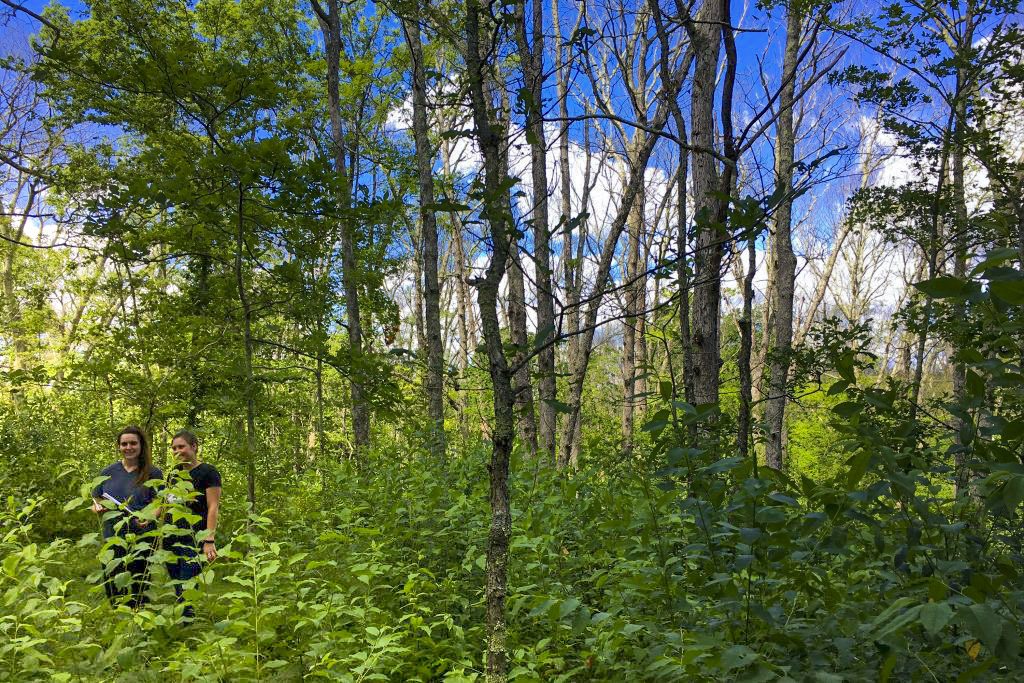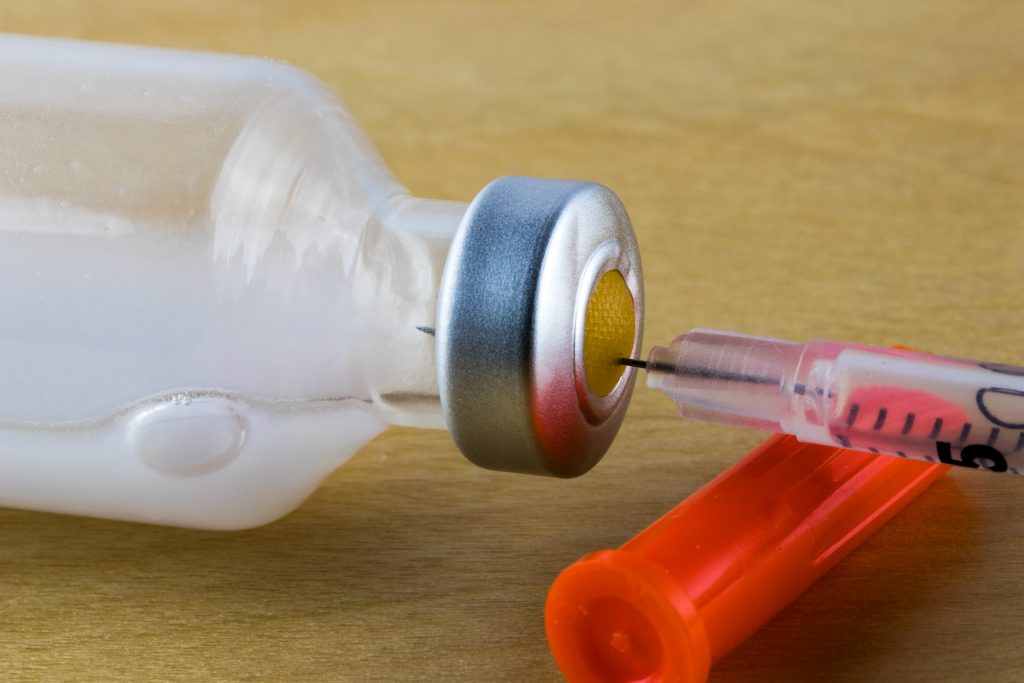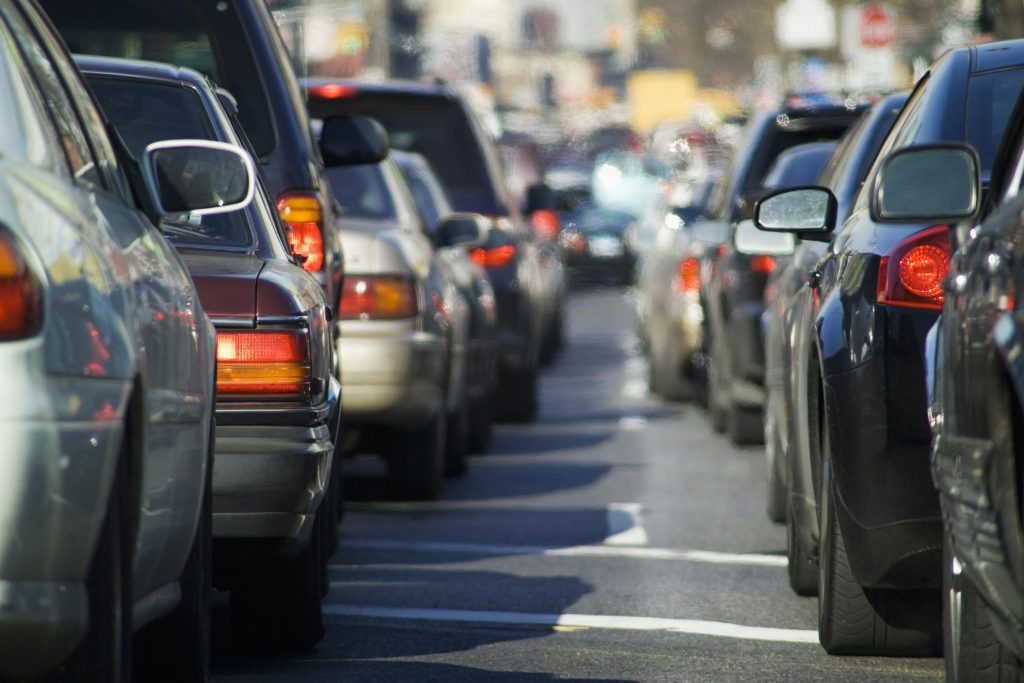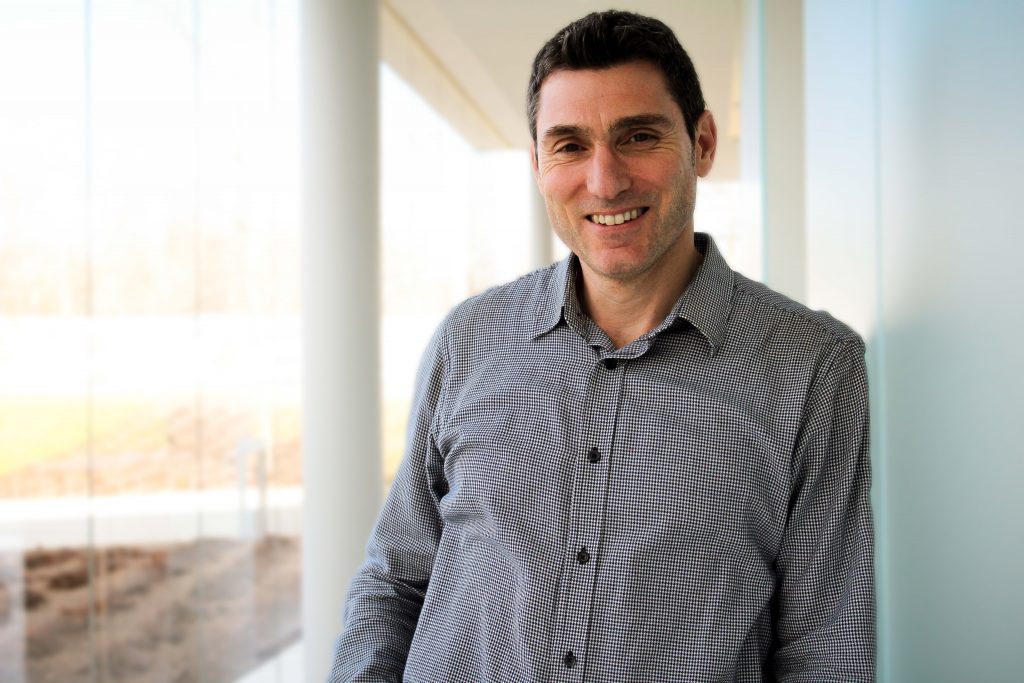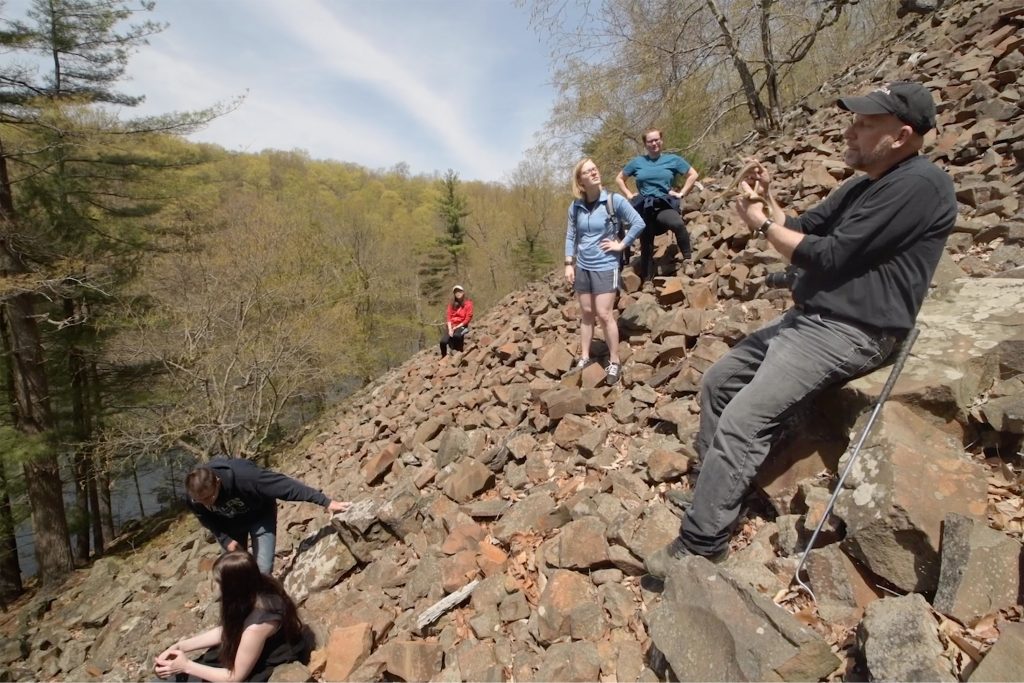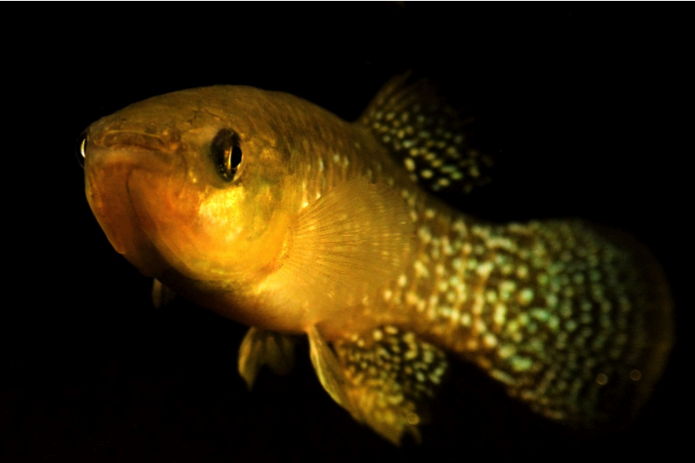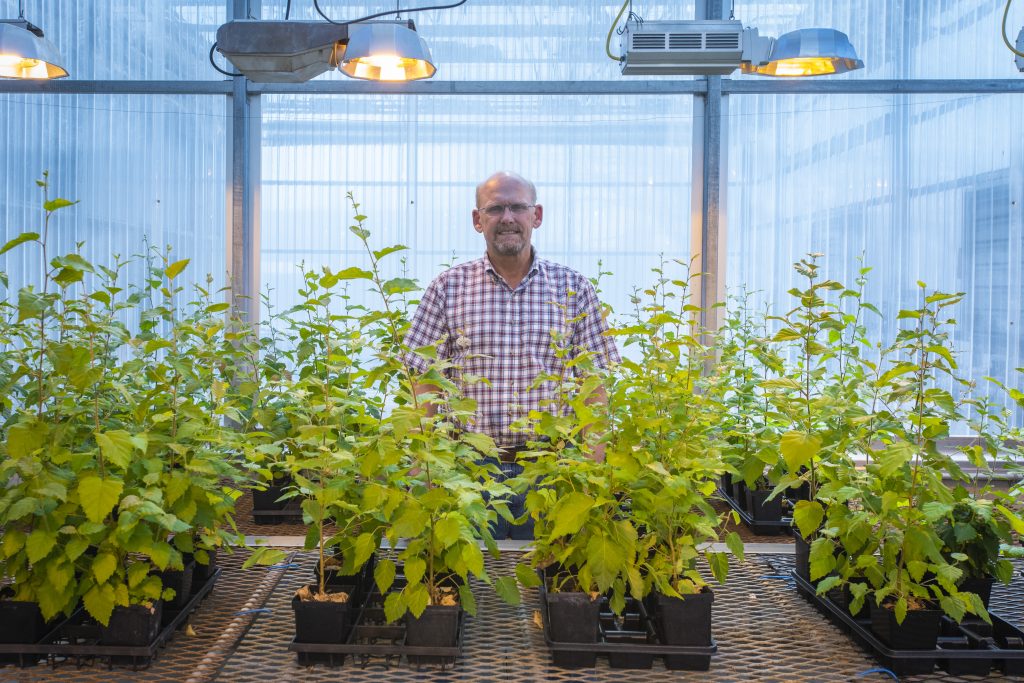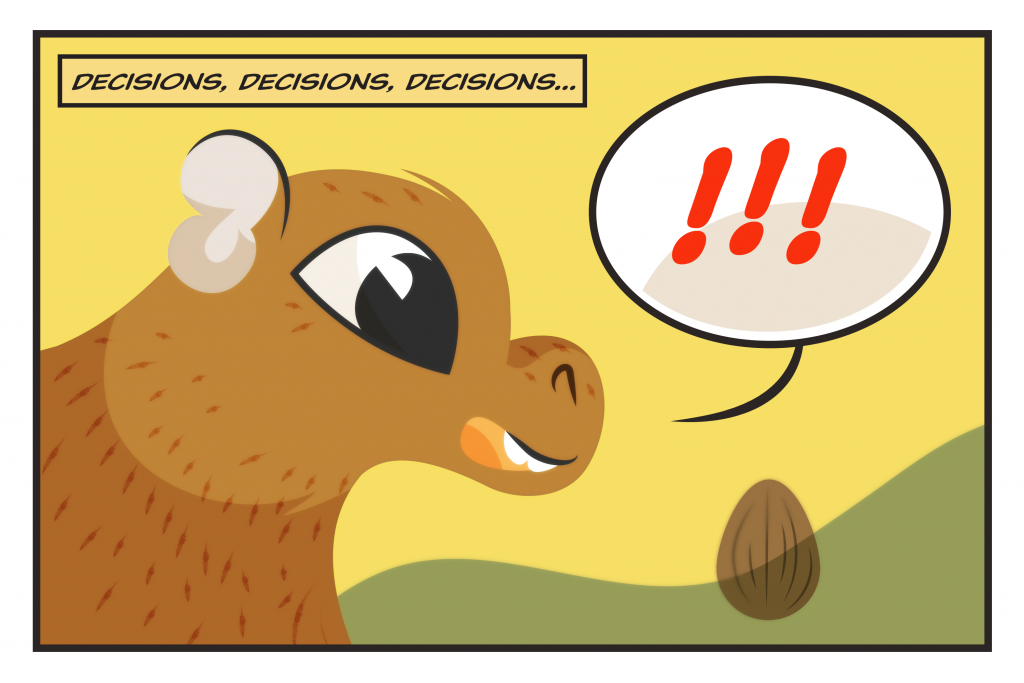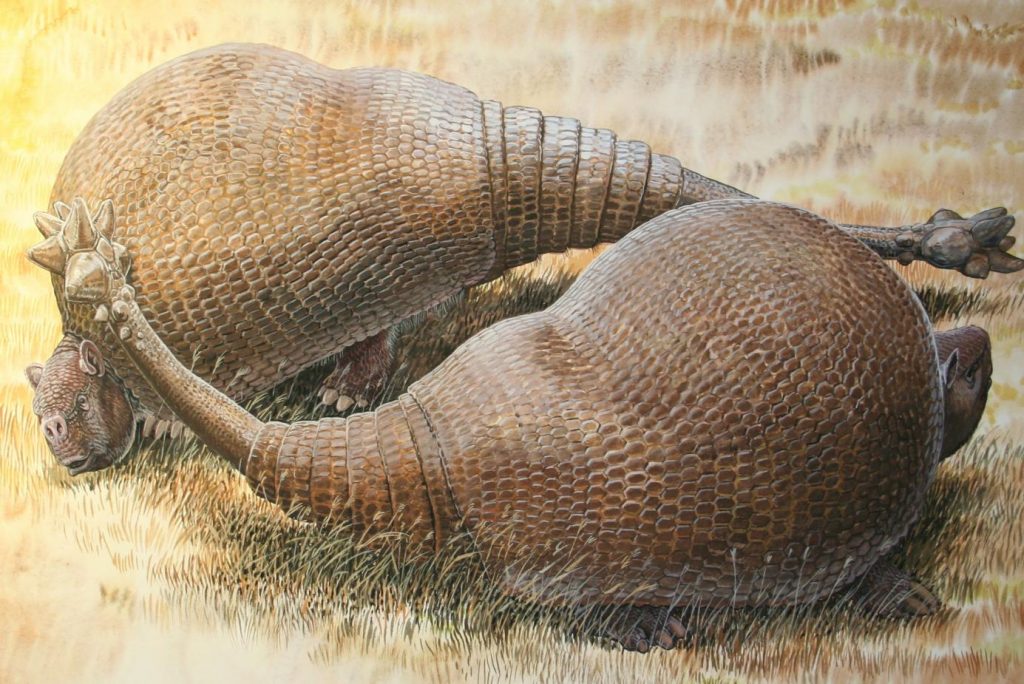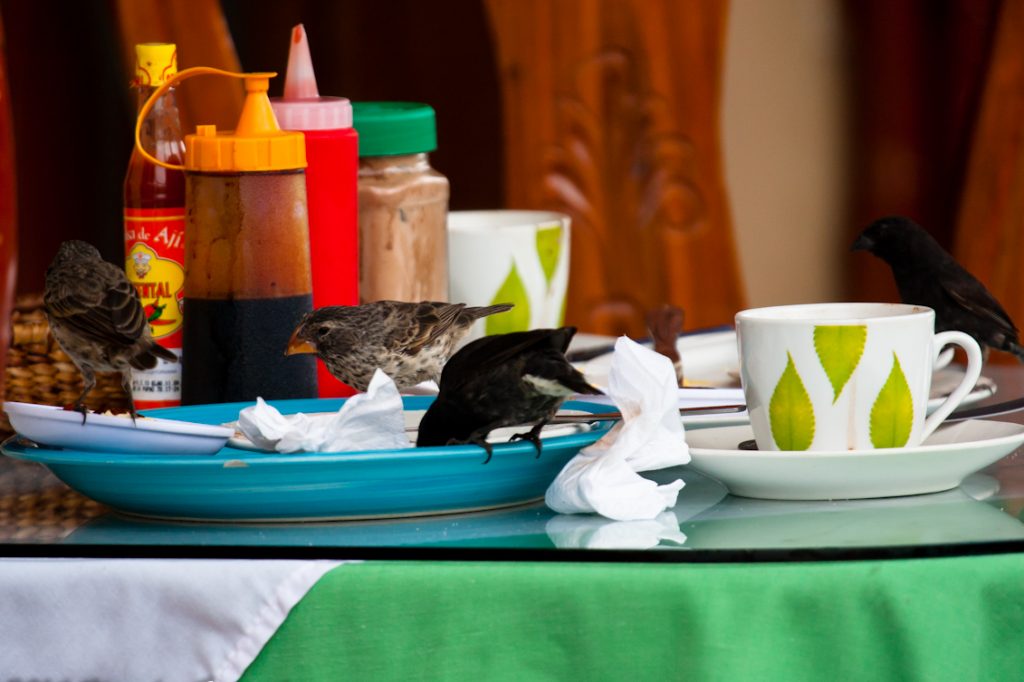Sustainability
UConn Collaborates on Gypsy Moth Cleanup
'The scale and scope of tree mortality in eastern and central Connecticut is a potential public safety hazard,' says Tom Worthley of UConn Extension, who is helping municipalities address the issue.
June 13, 2019 | Jason Sheldon
Op-ed: When did GMO Become a Dirty Word?
The medical, agricultural, and environmental fields all have GMO products, writes Stacey Stearns of UConn Extension.
June 7, 2019 | Stacey Stearns, UConn Extension
Is Traffic-Related Air Pollution Killing Us?
With vacation season getting underway, and many families planning road trips, a UConn Health researcher discusses the impact of traffic-related air pollution on our health.
May 31, 2019 | Lauren Woods
Quantifying Chaos with Emmanouil Anagnostou
Sitting glued to the evening news as a lively weatherperson displays colorful maps with patches of snow, ice and rain is a familiar pastime for anyone who has lived in New England. From blizzards and ice storms to hurricanes and tornadoes, extreme weather is a fact of life, and one of its worst side effects […]
May 28, 2019 | Anna Zarra Aldrich '20 (CLAS), Office of the Vice President for Research
Witnessing Evolution’s Great Truths
UConn's Kurt Schwenk uses high-speed video to fully expose hidden details within evolution and life.
May 21, 2019 | Thomas Rettig
An Evolutionary Rescue in Polluted Waters
A new study shows how a species of fish in polluted waters was able to adapt to what would normally be lethal levels of toxins for most other species.
May 15, 2019 | Kat Kerlin, UC Davis
Dozens of Seedlings Thriving as Iconic ‘Swing Tree’ Descendants
UConn’s beloved 'swing tree' beside Mirror Lake, now reaching the twilight of its natural life, will live on through dozens of healthy seedlings that are being nurtured in a campus greenhouse.
May 8, 2019 | Stephanie Reitz
This Animal Bit onto ‘Science Cookies’ and Revealed Data
An experiment using artificial seeds, or 'cookies,' with peanuts hidden inside provided valuable information about how mammals make seed dispersal decisions based on certain seed traits.
April 30, 2019 | Elaina Hancock
Geological Record Provides a Window to Past Flora and Fauna
A new study uses soil geochemistry to link the prevalence of grass-eating mammals in the late Miocene to climate change at that time.
April 29, 2019 | Mari N. Jensen, University of Arizona
Junk Food Irresistible, Even for Birds
A new UConn study found that finches drawn to junk food experience changes in their gut microbiota and body mass as compared to finches that don't encounter human food.
April 25, 2019 | Elaina Hancock
